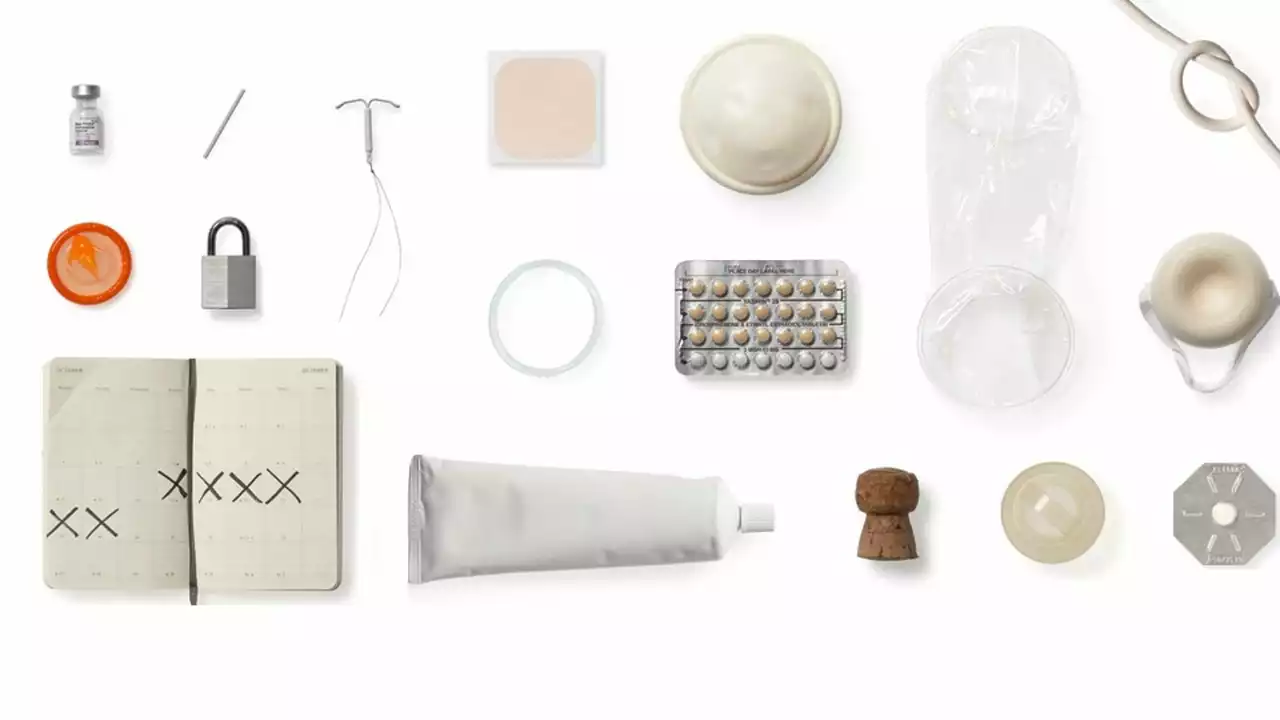Everything You Should Know About Sexual Health
Sexual health is something we all should understand better—it’s more than just avoiding diseases, it’s about making smart choices for your well-being and future. Whether you're wondering about the different kinds of contraception or curious about how risky certain sexual activities are, you're in the right place to get clear, no-nonsense info.
Picking the Right Contraception for You
Contraception isn't one-size-fits-all, so knowing the options helps you pick what fits your life best. Barrier methods like condoms and diaphragms not only prevent pregnancy but also protect against many sexually transmitted infections. Hormonal methods, like the pill or IUDs, offer reliable pregnancy prevention but won’t protect you from STDs. Then there are permanent options like sterilization, which is a big step and should only be considered if you're sure you want no biological children. For those interested in 'natural' ways, fertility awareness methods track your cycle, but they require commitment and aren’t foolproof. Each choice has benefits and downsides, so think about your lifestyle and health needs when deciding.
Understanding and Avoiding STD Risks
Sexually transmitted diseases can have serious consequences, from infertility to long-term health issues. The risk spikes with unprotected sex, especially with partners whose health status you don’t know—like sex workers without regular health checks. Using condoms consistently and correctly dramatically lowers the chance of catching or spreading STDs. Also, getting tested regularly keeps you informed and helps catch infections early. Remember, some STDs can be treated, others only managed, so prevention is way better than cure. If you’re having multiple or new partners, talk openly about sexual health and testing before becoming intimate.
Knowing your options for contraception and how to protect yourself from STDs puts you in control. Sexual health is about being informed and making choices that suit your body and lifestyle without unnecessary risks. Got questions about a method or worried about symptoms? Don’t hesitate to seek advice from health professionals—they’re there to help you stay safe and healthy.
Trichomoniasis in Men: Signs, Symptoms, and Treatment Options
Learn how trichomoniasis shows up in men, how to get diagnosed, and which treatments work best. Get practical tips for prevention and partner care.
How Syphilis Testing Supports Safe Sex Practices
Discover how regular syphilis testing boosts safe sex habits, improves communication, and reduces infection risk. Learn test types, timing, and practical steps for healthier intimacy.
Exploring the Different Types of Contraception: Pros and Cons
In my latest blog post, I explored the various types of contraception available, discussing their benefits and drawbacks. From barrier methods like condoms and diaphragms to hormonal options like birth control pills and IUDs, I covered it all. I also touched on permanent solutions such as sterilization, and natural methods like fertility awareness. By weighing their pros and cons, I aimed to help my readers make informed decisions about their reproductive health. Check out the full post for a comprehensive guide on choosing the right contraceptive method for your lifestyle and needs.
How likely I am to get an STD if I have sex with a prostitute?
Sex with a prostitute puts an individual at risk of contracting an STD. Due to a lack of health regulations in the sex work industry, the risk of contracting an STD is high. It is important to remember to practice safe sex and use protection such as condoms. Getting tested for STDs regularly is also recommended for individuals who have had sex with a prostitute. Ultimately, the best way to avoid contracting an STD from a prostitute is to abstain from having sex with them.
What are the diseases caused by STD?
Sexually transmitted diseases (STDs) are infections that are passed from one person to another through sexual contact. STDs can be caused by bacteria, viruses, or parasites, and can lead to a variety of health problems, including infertility and death. Common STDs include chlamydia, gonorrhea, syphilis, HIV, and genital herpes. Chlamydia is the most common of these and is caused by bacteria, while other STDs, such as HIV and genital herpes, are caused by viruses. Treatment for STDs vary depending on the type of infection, and some can be cured with antibiotics, while others can only be managed with antiviral medications. It is important to practice safe sex and get tested regularly to protect yourself and your partners from STDs.




